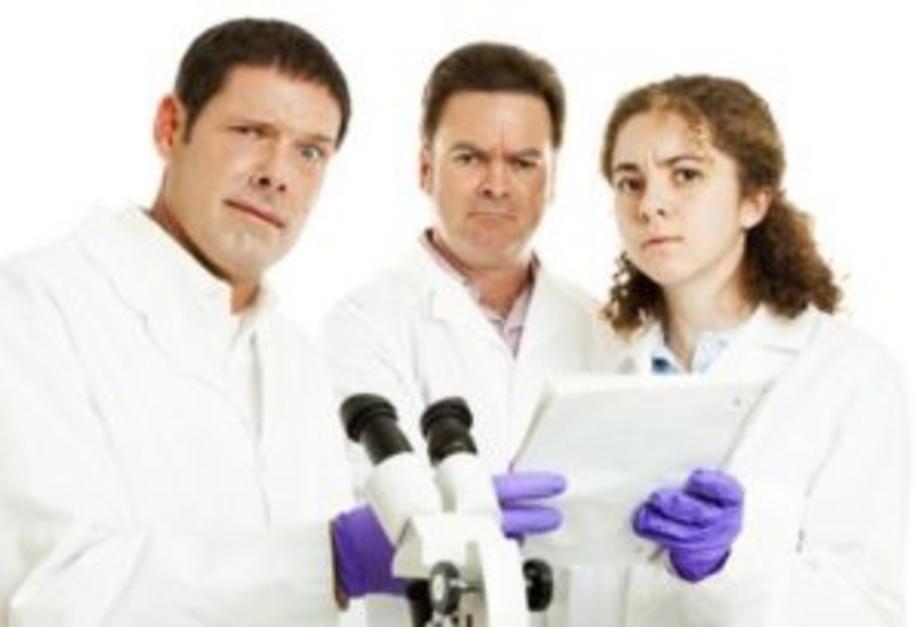Why mind over matter really works
The Power of Belief – The Placebo Effect Explained
Although deeply puzzling for modern science, the placebo effect is nothing new. Indeed, before it drew the attention of doctors and researchers a few decades ago, it had been used for thousands of years in traditional medicine in order to increase the effectiveness of alternative treatments.
Ancient eastern cultures, on the other hand, have practised spiritual and mental arts for centuries and have known the true power of the mind and the profound healing effects it can have on the physical body. For example, ancient Indian yogis have used yoga and meditation as a means to manage health and longevity.
Today, as modern medicine is confronted with serious concerns about an ever-increasing resistance to antibiotics and other drugs, the non-invasive, often natural techniques and treatments of traditional medicine are becoming more valuable than ever before. The placebo effect is one such phenomenon that can be harnessed in order to complement medical interventions or, in some cases, to avoid them altogether.
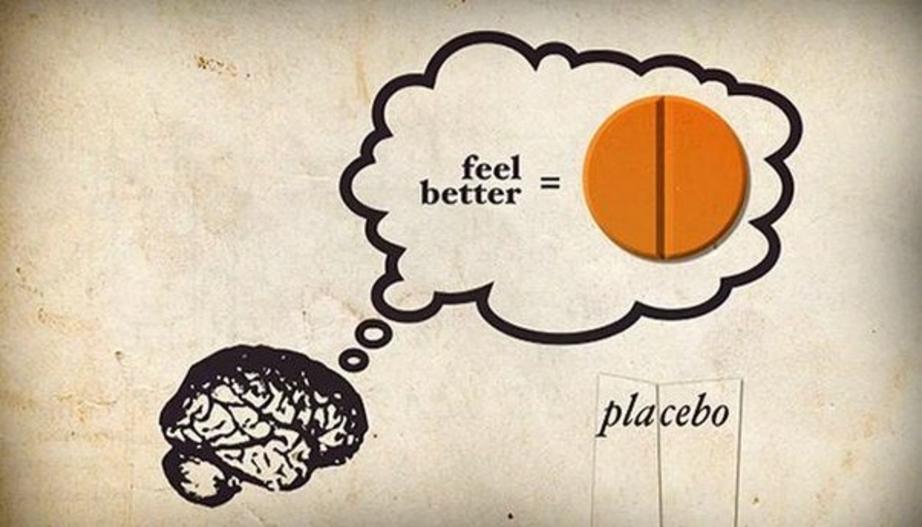
A brief introduction to the placebo effect
A placebo is something that is made to look like a medical treatment but isn’t. It can take the form of a pill, it can be a shot or it can even be a fake surgical intervention, where incisions are made, but nothing is really changed. The common factor for all of these “fake” regimens is that they do not contain any active substance or any procedure with the potential to directly affect health.
And yet, when undergoing such treatments, some patients experience a positive or negative response. This is called a placebo effect. Placed at the boundary between psychology and biology, it remains puzzling for western science because its roots cannot be pinpointed or explained.
More confusingly, while some people experience the healing properties of real drugs while being treated with sugar pills, saline solutions or other inert medication, some do not experience any healing.
The components of a placebo effect
While it may be true that the underlying processes of the placebo effect are yet to be fully understood, some of its aspects have already been theorized, leading the way to possible explanations of the effect itself.
Confirmation bias
When a patient is ill and is undergoing treatment, he or she is likely to hope for an improvement, and this will alter the way that symptoms are reported. For instance, a patient might focus more on positive changes, while paying little attention to signs that the disease is worsening.
The insufficiency of this theory, however, is that in many cases, the placebo effect leads to real, substantial improvements, which clearly suggests that its sphere extends beyond that of mere bias.
Expectations and previous conditioning
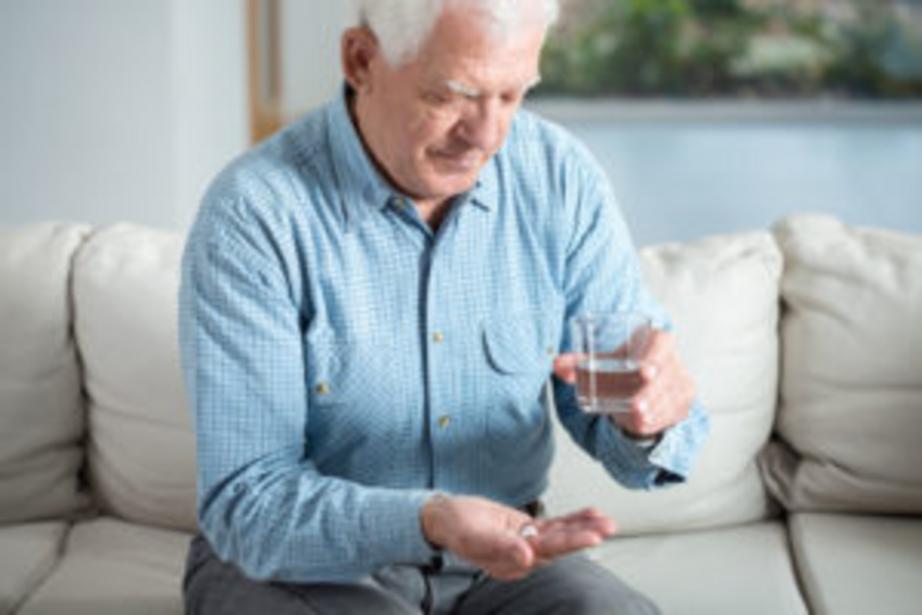
To understand this component of the placebo effect, it is useful to think of the human body in the same terms as we would consider Pavlov’s dog. Similarly to the manner in which the dog can be trained to salivate in expectation of food at the sound of a bell, the body is used to the fact that when we receive treatment, this often makes us feel better.
Experiments were conducted, for instance, where patients who suffered from Parkinson’s disease were given a real drug for several days, followed by a placebo at a later date. Even though they were no longer taking the active substance, their bodies responded in a similar manner, simply because their brains had associated the act of taking a pill with the idea of relief and would consequently begin to produce relevant chemicals upon ingesting the placebo.
The effect of time
In some cases, especially with disorders of a psychological nature, it is the natural progression of the illness to improve or worsen in time. Sometimes, while the patient is experiencing particularly noticeable symptoms when he or she first report them to a doctor, these ailments might improve on their own throughout the duration of the treatment. Time itself, in this instance, might be considered as a healing placebo.
Nocebo or the reverse of the placebo effect
A second noteworthy and fascinating observation that was made in the review of clinical trials involving placebo treatments is that the reverse of the placebo effect is also real. Nocebo, as it is referred to, is the phenomenon that takes place when some patients expect their treatment to fail or, alternatively, expect to suffer from side-effects as a result of the treatment.
For instance, a study conducted with patients who were addicted to opioids found that when ingesting the placebo version of the drug, they experienced respiratory depression, a well-known side-effect associated with opioids, even though they were not taking any active substance.
I believe this further emphasises the power of the mind and how our beliefs and expectations affect the physical world we experience reality through.

What the placebo has been shown to do…
Throughout tens of clinical studies, certain conditions were shown to be more susceptible to the placebo effect. These include:
Depression and other psychological disorders
Placebos are surprisingly effective in the management of depression and were shown to continue to be effective even over a period as long as 12 weeks.
In fact, it is believed that much of the relief of antidepressants relies on the placebo effect. Comparable observations were made in the treatment of anxiety disorders.
Pain
Similarly, placebo analgesia, or the ability of a placebo to ameliorate pain, is immensely effective. It remains uncertain whether the placebo triggers a release of endorphins or natural painkillers to reduce pain or whether it merely alters the patient’s outlook of pain, but nevertheless, its potential to increase or decrease experienced pain is well-documented.
Epilepsy
The results regarding the effectiveness of placebos in the treatment of epilepsy are somewhat uncertain, with some clinical trials reporting a 19% response and others reporting no improvement of symptoms.
Parkinson’s disease
Several clinical trials reported that as many as 16% of patients placed in placebo groups displayed significant improvements in symptoms of Parkinson’s disease. Furthermore, the placebo effect was maintained for up to 6 months.
Irritable Bowel Syndrome (or IBS)
Irritable bowel syndrome is a condition that can lead to debilitating cramps and which is very difficult to treat through conventional means. Surprisingly, a review of several clinical trials showed that placebos are particularly effective in ameliorating symptoms of IBS, even when the patients involved were aware that they were only taking inert medicine.
…and what the placebo cannot do
From the examples above and others, it seems that placebos are most effective when dealing with conditions that lie on the boundary between the psychological and the physical.
On the other hand, it has also been noted that in most cases, the placebo effect will ameliorate symptoms of an illness, but will likely be unable to resolve the underlying causes. In some cases, such as with certain types of pain or with psychological disorders, the placebo effect might trigger a chain reaction of healing processes and eventually lead to a healthy patient.
Factors that increase the effectiveness of a placebo
Nonetheless, the placebo effect remains under scrupulous investigation and the discoveries made so far are encouraging doctors to propose the use of placebos in mainstream medication. To increase the healing potential of a placebo in cases where its effects are sufficient to ameliorate an illness, certain parameters can be taken into account. These include:
The size and colour of the pill
One study showed that larger pills are more likely to trigger the placebo effect than smaller pills. Moreover, while pills coloured red, yellow and orange tend to have a stimulating effect, pills coloured blue and green are often associated with a tranquilizing effect.
The type of intervention
Another study showed that “fake” surgeries were much more effective placebos than mere pills, with a surprising 75% of patients reporting an improvement in symptoms even though no changes were made to directly affect their health during surgery.
The observation of another patient
Believed to be a result of social learning, a phenomenon exists whereby the effect of a placebo on a patient who has just observed another patient feeling better as a result of the treatment is stronger.
The patient’s connection with the doctor or healer
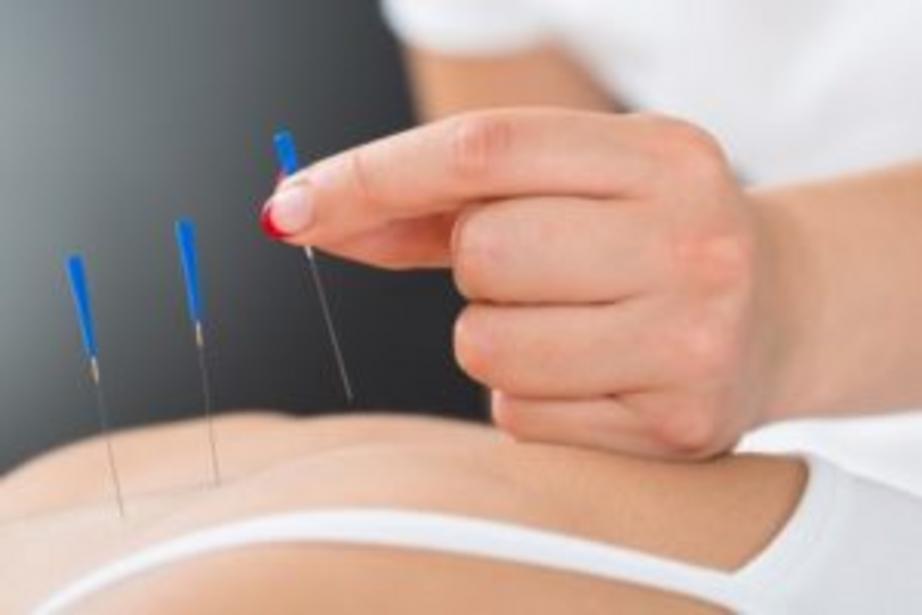
A study conducted on patients suffering from irritable bowel syndrome found that a provider of “fake” acupuncture who was caring and interested in the patient could trigger a stronger placebo effect and lead to better relief of symptoms than an apathetic practitioner of the same technique.
The ritual of treatment
Several studies have found that following surgery, patients who were aware that they were receiving painkillers designed to ease their pain needed only half the amount of painkillers compared to patients who were not. Such experiments suggest yet another use of the placebo effect, namely as a complement to modern medicine and surgical interventions.
At the same time, what these and other studies have in common is that they stress the fact that the placebo effect is not merely a matter of thinking oneself to health. Indeed, in order for the effect to be triggered, an entire ritual of care and treatment is usually required. Nevertheless, it is possible for a person to give themselves a placebo, so long as he or she can do so in a manner that stimulates the brain’s expectations and previous learning.
Quantum Mechanics and Max Planck
My personal view on the placebo effect is really quite simple! We, of course, all experience life in the same fundamental reality, although to a certain degree we all live inside our own “reality bubble”.
Thus a belief is an incredibly powerful tool; in fact, it is our beliefs that define our personal reality. If a person wholeheartedly believes they will get better, then the mind can indeed heal the body.
If we flip stress-related disease on the head, and then think of the physical hormonal response that emotions of joy and happiness can bring, perhaps you will become a step closer to understanding this.
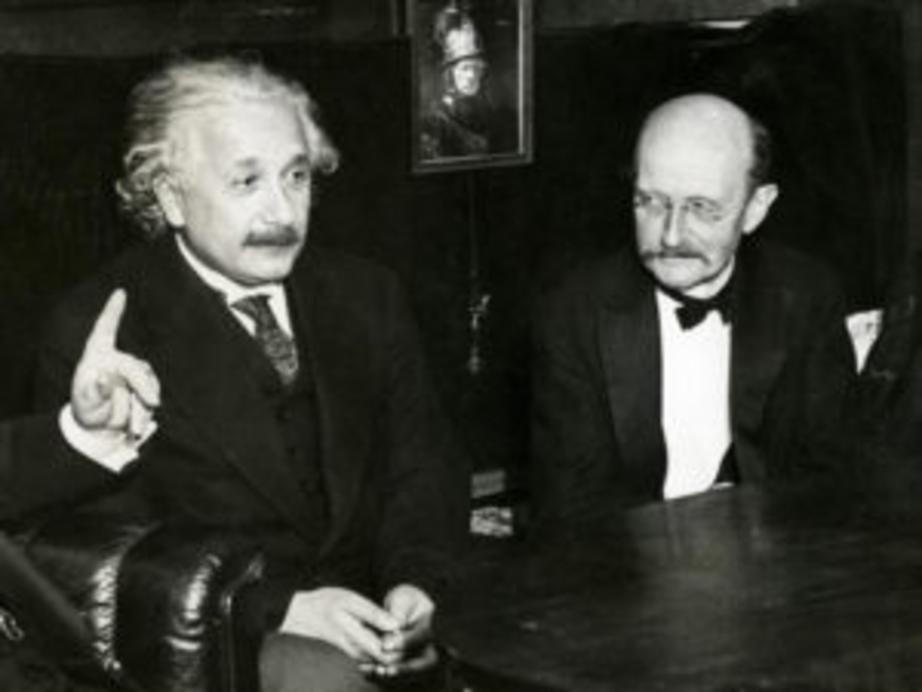 Albert Einstein (L) & Max Planck (R)
Albert Einstein (L) & Max Planck (R)
To quote one of the fathers of quantum mechanics, Max Planck;
“I regard consciousness as fundamental. I regard matter as derivative from consciousness. We cannot get behind consciousness. Everything that we talk about, everything that we regard as existing, postulates consciousness.”
Albert Einstein also once said:
“The field is the sole governing agency of the particle”
Therefore if we think of the mind as the governing energy field of the physical body, we can start to understand how a belief, presented through mind can alter the physical body.
In short, the mind ultimately has the power to heal all, although I am not for an instant suggesting that self-healing in this manner is that easy. It takes Chi masters years and years of practise to free the full potential of the mind.
Often it takes life changing circumstance/situations for people to realise their true mental potential. A paradigm shift then occurs, sparked by a particular event. The outcome; a new way of thinking, releasing all fears, facilitating unbound thought and awakening of mental power.

Take home message
The placebo is proven to work albeit not 100% of the time, which in my experience is largely dependent on the mind of the individual. Nevertheless the actual mechanism of the placebo, I personally believe, is largely overlooked. To me, it is clearly obvious that the placebo is showing us all the power of mind over matter.
Ultimately everything is energy. ALL physical matter is energy condensed to a lower rate of vibration. So if we then think of the mind as being metaphysical; an energy source resonating frequencies as we so wish.
It is the interaction of these energetic frequencies and physical matter that manifest changes in our physical reality.
Some might say this is a miracle, I say it is miraculous, after-all a miracle is just unknown technology. I liken this to a magnet passing by iron filings; the interaction of the electromagnetic frequencies displaces the physical arrangement of the iron.
The seed that I would now like to plant into your minds is not of the placebo as such, but rather the potential of the mind to shape your physical reality, whether it be self-healing or moving mountains!
For full references please use source link below.

